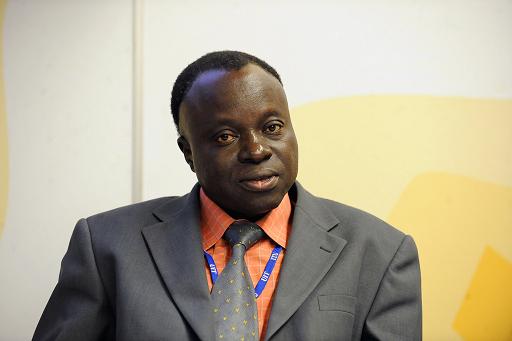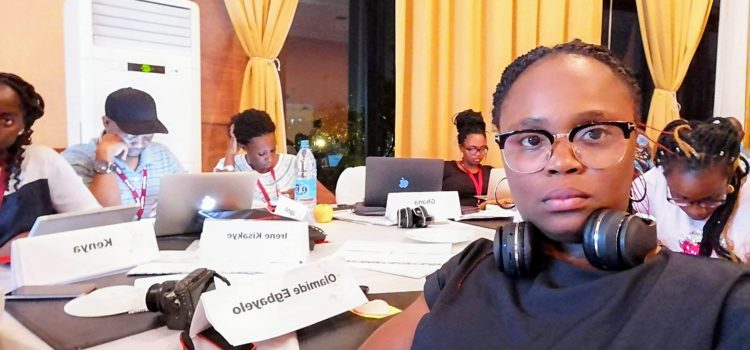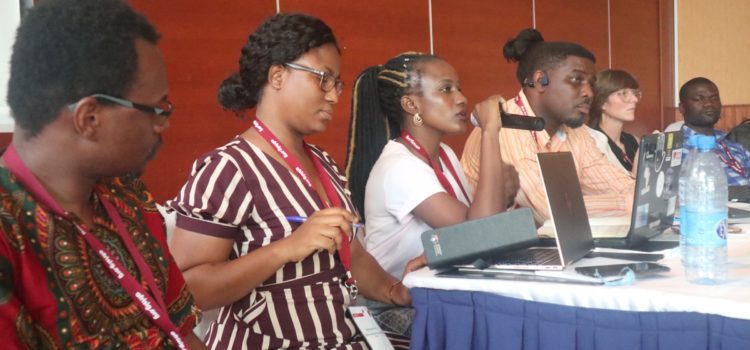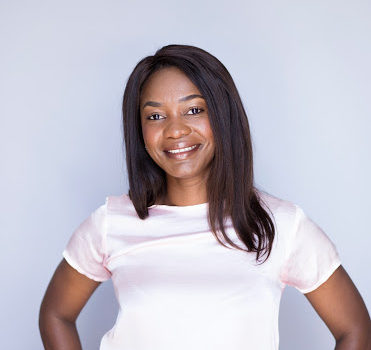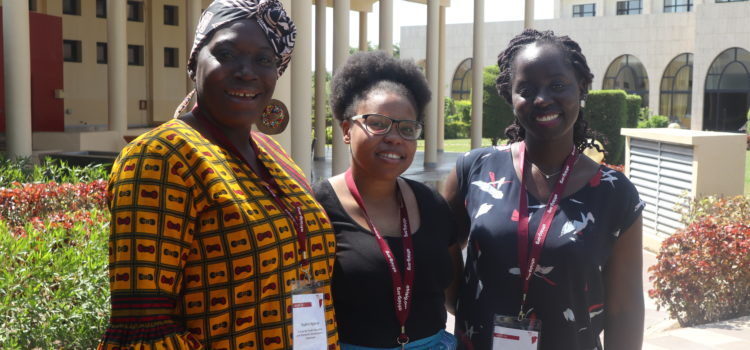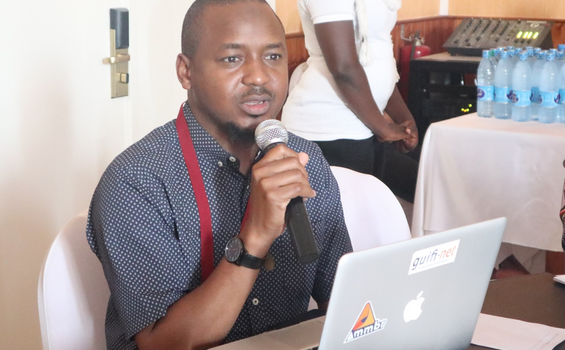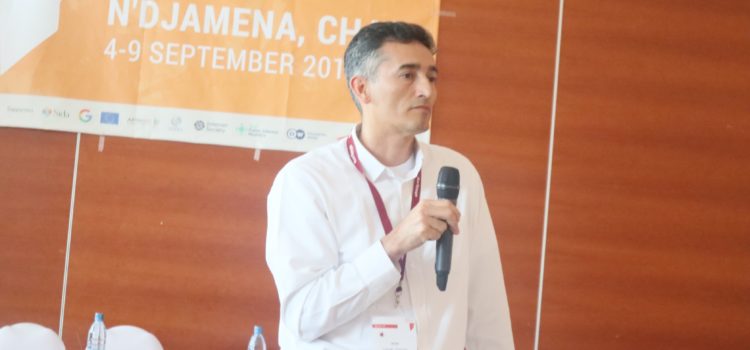The community of the African School on Internet Governance (AfriSIG) has lost a mentor and trainer following the death of faculty member Makane Faye in a road traffic accident in Senegal on Friday, 26 March 2021, while he was travelling to Dakar from the holy city of Touba.
A tribute to Makane Faye: Trainer, mentor, friend and colleague
